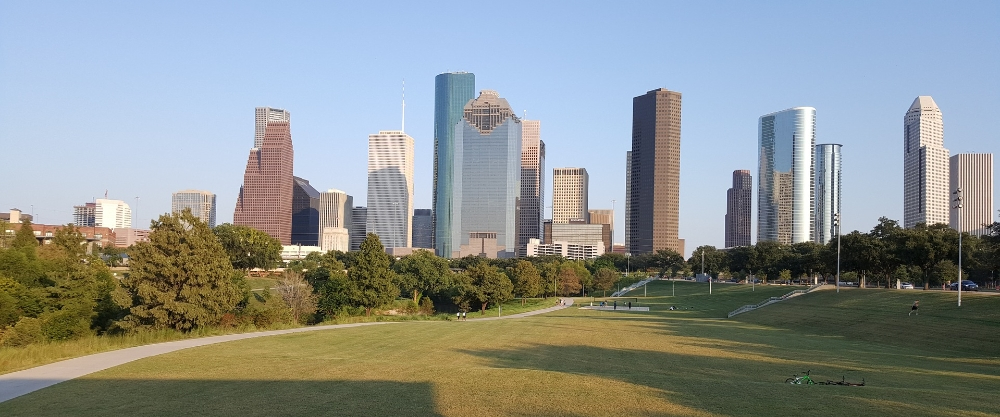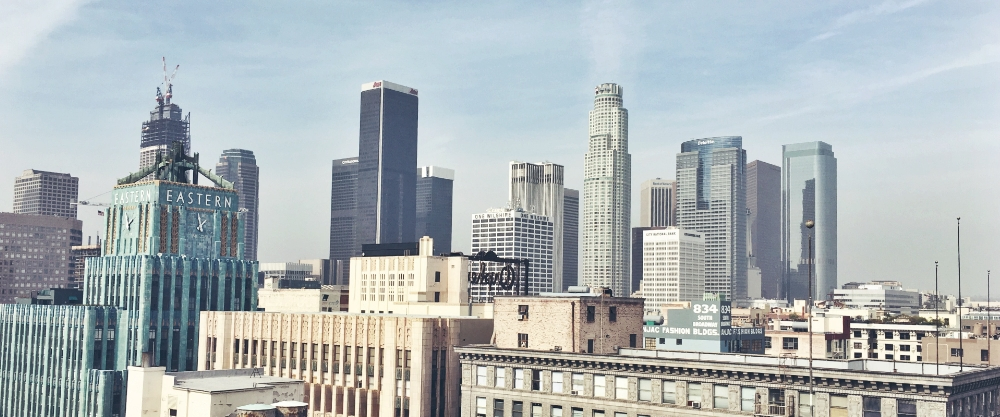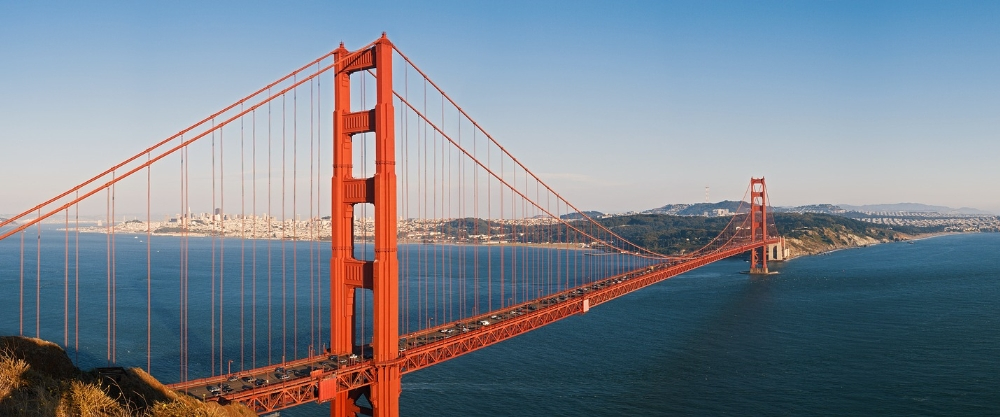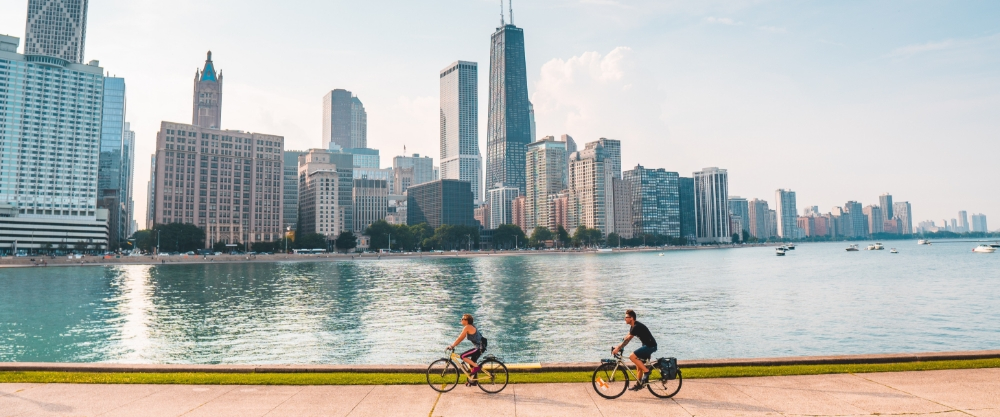
Study in Washington D.C.
Information and tips for international students in Washington D.C.
| Private rooms Washington D. C. | 315 | 1127/month |
| Studios Washington D. C. | 9 | 2304/month |
| Apartments Washington D. C. | 139 | 3720/month |
Are you wondering why go on exchange to Washington D.C.? The capital of the USA is a great choice for exchange students looking for a unique experience. The city combines history, culture and academic opportunities in a modern and dynamic environment.
Washington D.C. has prestigious Universities such as Georgetown University and the George Washington University, both renowned for their academic excellence. In addition, the city is known for its iconic monuments, like the Capitol, the White House and the Lincoln Memorial.
The city's social life is also extensive, with cultural events, fine dining and a diverse arts and music scene. Here we’ll tell you everything you need to know to make the most of your exchange experience. Study in Washington D.C.!
Cost of living in Washington D.C., USA
The cost of living in Washington D.C. is one of the highest in the USA. For a student, monthly expenses typically range from $2,000 to $2,100 USD.
Housing is the biggest expense, with prices ranging from $820 to $1,200 USD a month for a room in a shared flat. Residences cost between $1,100 and $1,400 USD a month, depending on location and amenities.
Transportation is efficient and cheap, but there aren't many voucher and card options. The SmarTrip Card is a reloadable card that saves on metrorail and metrobus rides if you use them frequently. The card costs $5 USD, and can be purchased online or at major stations. A single ticket costs $1.35 USD, while monthly passes range from $72 USD. Keep in mind, however, that many areas are walkable or bikeable, which can reduce your transport costs if you live in a central area.
As for food, you can expect to spend between $100-$150 USD per month if you shop at supermarkets such as TraderJoe's, Safeway, Lidl or Aldi. Eating out, meanwhile, costs around $10-$15 USD per meal at budget restaurants.
Student life, parties and leisure in Washington D.C.
Although Washington D.C. is known for its political atmosphere, it also has an active social life, especially for students. Student parties are often held in areas such as Adams Morgan, Dupont Circle and U Street.
As for outdoor activities, the National Mall is ideal for strolling, picnicking or simply enjoying the outdoor monuments. It’s a large park with gardens, woodlands, important monuments (such as the Washington Monument and the Lincoln Memorial), as well as trails along the Potomac River and the Tidal Basin reservoir. Other sites such as Rock Creek Park offer hiking and biking trails in the wilderness.
The George Washington University (GW) has more than 450 student organisations, many of them focused on creativity and the arts. Students can join acapella groups, dance, and more. In addition, the campus offers dedicated art spaces, like the theatre, a recording studio and a dance studio, where students can practice, create and perform.
Culture and gastronomy in Washington D.C., USA
If you're looking for cultural activities, the city has a variety of free, world-class museums such as the Smithsonian National Museum of Natural History, the Smithsonian National Air and Space Museum and the National Gallery of Art. You can also visit the famous Kennedy Center for concerts and theatre performances.
Other highlights include:
- Smithsonian Institution: a collection of museums and research centres including the Air and Space Museum and the National Museum of African American History.
- Capitol Hill: the seat of the US Congress, a historic place to learn about the American political system.
As for gastronomy, Washington D.C. offers a mix of international flavours. Some dishes and places not to be missed include:
- Chesapeake Crab cakes: fresh and tasty crab cakes, a typical dish of the region.
- Half-smoke: a variety of hot dog that has a longer, spicy, smoked sausage.
- Cupcakes: famous cakes that have become a local emblem.
You can find them at places like Daily Fish of Chesapeake, Ben's Chili Bowl and Georgetown Cupcake.
Advantages and disadvantages of studying in Washington D.C.
Advantages
- Affordable culture: the city offers free museums, cultural events and a rich history to explore.
- Academic and professional opportunities: it’s a world centre for politics, business and international organisations.
- Excellent transport: the metro and bus system is efficient, and many areas are easy to get around on foot or by bicycle.
- Important historical monuments: such as the Capitol and the Lincoln Statue.
- Improve your English: speaking English on a daily basis will improve your language skills.
Disadvantages
- High cost of living: it’s one of the most expensive cities in the USA.
- Intense year-round weather: summers are hot and humid, while winters can be cold and snowy.
- Fast-paced, tourist-heavy life: the city can be overwhelming for those who prefer a more relaxed environment.
Cheap student accommodation in Washington D.C., USA
Do you need accommodation in Washington D.C. and don't know how to find it? On Erasmus Play you can find the best student flats, rooms and residences in the American capital.
FAQ from international students in Washington D.C.
How much does it cost to live in Washington D.C. as a student?
The cost of living is between $2,000 and $2,100 USD per month, including accommodation and basic expenses.
What is student life like in Washington D.C.?
The city has a great academic atmosphere, with numerous cultural activities, events and opportunities.
How much does student accommodation cost in Washington D.C.?
A room in a shared flat costs between $820 and $1,200 USD per month, while residences can cost between $1,100 and $1,400 USD.
Is it safe to live in Washington D.C. as an international student?
It is generally safe if normal precautions are taken. Areas near Universities are generally quiet and have good security.
How to access medical services as an international student?
Most Universities, such as GWU, have compulsory health insurance for students, and there are clinics on campus for primary care.



